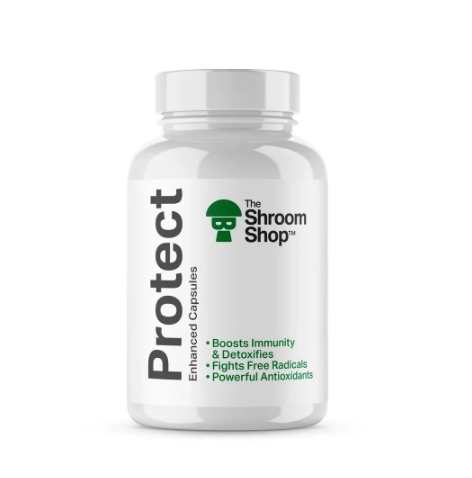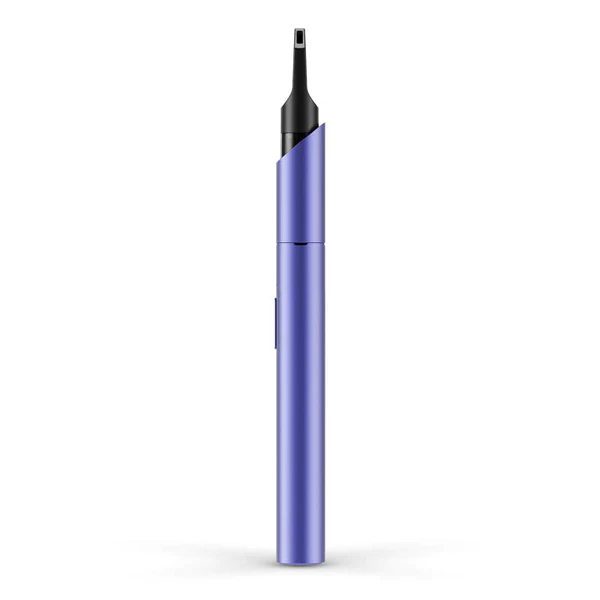Introduction:
Exercise is a vital component of a healthy lifestyle, but it can also take a toll on our bodies. Whether you’re a professional athlete or a fitness enthusiast, finding ways to optimize your training routine and support your body’s recovery is essential. In this comprehensive guide, we will explore the benefits of CBD (cannabidiol) for exercise performance and recovery. We will delve into the science behind CBD, discuss its potential effects on the body, and provide practical tips on incorporating CBD into your training regimen. By understanding the potential benefits of CBD and how to use it effectively, you can enhance your exercise performance and recovery, allowing you to train another day with confidence.
Table of Contents:
Understanding CBD:
- What is CBD?
- How does CBD interact with the body?
- Differentiating CBD from THC (tetrahydrocannabinol)
The Potential Benefits of CBD for Exercise:
- Pain management and inflammation reduction
- Improved sleep quality and recovery
- Anxiety and stress reduction
CBD and Exercise Performance:
- CBD’s potential impact on energy levels and focus
- Enhancing endurance and stamina
- Promoting recovery and reducing exercise-induced muscle damage
Incorporating CBD into Your Training Routine:
- Choosing the right CBD product (oils, capsules, topicals, etc.)
- Determining the appropriate dosage
- Timing CBD consumption for optimal results
Pre-Workout CBD Strategies:
- Promoting relaxation and reducing pre-workout anxiety
- Enhancing focus and mental clarity
- Combining CBD with other pre-workout supplements
Post-Workout CBD Strategies:
- Easing muscle soreness and inflammation
- Supporting recovery and reducing oxidative stress
- Using CBD topicals for localized pain relief
CBD and Sleep:
- CBD’s potential impact on sleep quality and duration
- Incorporating CBD into your nighttime routine for better rest
- Combining CBD with other sleep-promoting strategies
CBD and Stress Management:
- Reducing exercise-induced stress and anxiety
- Enhancing mood and promoting relaxation
- Using CBD as part of a comprehensive stress management plan
Potential Side Effects and Considerations:
- Understanding potential interactions with medications
- Monitoring personal tolerance and sensitivity
- Seeking professional advice when necessary
Quality Assurance and Legal Considerations:
- Choosing reputable CBD brands
- Ensuring products are third-party tested
- Understanding the legal status of CBD in your region
Conclusion
Incorporating CBD into your training routine can offer a range of potential benefits, including improved exercise performance, enhanced recovery, and reduced stress and anxiety. However, it’s important to approach CBD usage with knowledge and caution. As with any supplement or new addition to your routine, it’s advisable to consult with a healthcare professional or sports medicine expert to ensure CBD is suitable for your individual needs and goals.
By understanding the science behind CBD, selecting high-quality products, and integrating CBD strategically into your pre-workout, post-workout, and recovery routines, you can optimize your exercise performance and promote overall well-being. Remember to start with a low dosage, monitor your body’s response, and make adjustments as necessary. CBD is not a magic solution, but when used thoughtfully and in conjunction with a well-rounded training program, it can help you train another day with improved performance and enhanced recovery.
Disclaimer: The information provided in this guide is for
educational purposes only and should not replace professional medical or fitness advice. It is essential to consult with healthcare professionals or sports medicine experts before incorporating CBD or any new supplement into your training routine, especially if you have underlying health conditions or are taking medications.
Furthermore, while CBD has shown promising potential in supporting exercise performance and recovery, it’s important to note that research on CBD’s effects on athletic performance is still limited, and individual responses may vary. It’s advisable to keep track of your personal experience with CBD and make adjustments based on your unique needs and goals.
Lastly, always ensure that you are purchasing CBD products from reputable brands that prioritize quality, transparency, and third-party testing. This helps ensure that you are consuming safe and reliable CBD products that meet regulatory standards.
In conclusion, CBD has emerged as a popular option for individuals looking to enhance their exercise performance and support their recovery. Its potential benefits, including pain management, improved sleep, and stress reduction, make it an appealing supplement for athletes and fitness enthusiasts alike. However, it’s crucial to approach CBD usage with knowledge, caution, and guidance from healthcare professionals. By understanding the science behind CBD, selecting quality products, and incorporating it strategically into your training routine, you can optimize your wellness and train with confidence, knowing you are taking steps to support your body’s performance and recovery.
- Comprehensive Review of the Top CBD Drops By Plus CBD oil - August 28, 2024
- Hemp Sustainability Why Hemp Is So Awesome - June 10, 2023
- Can CBD Help With Itchy Bug Bites - June 9, 2023




